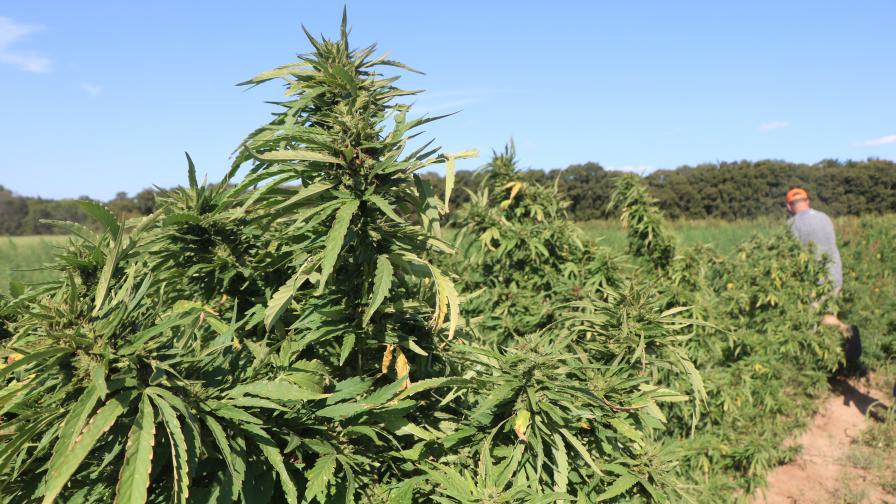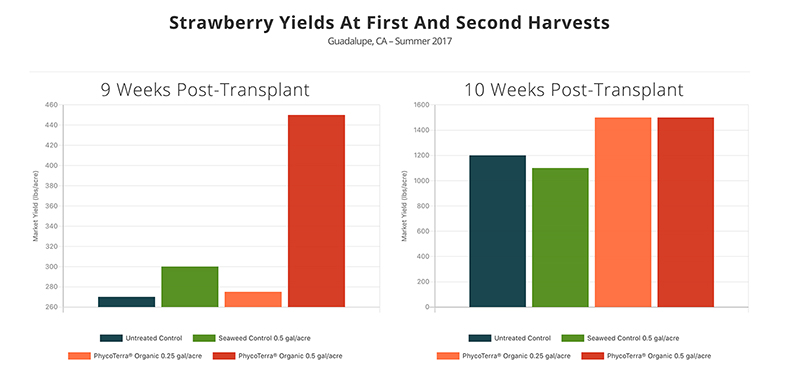USDA Inching Closer to Hemp Crop Insurance

A densely planted industrial hemp field in Central Oklahoma.
One of the biggest challenges for producers in emerging crop markets is the current lack of the same type of safety net that many row crop farmers have access to. I am referring, of course, to crop insurance.
Take industrial hemp. While some are producing the crop under cover in a greenhouse or a controlled environment structure (think warehouse), the vast majority of commercial scale hemp production is taking place outside in the field, or at the very least young plants are starting in hoop houses before transfer to a field or block.
Once those expensive little investments (hemp genetics can range between $2 to $4 per seed, although cloning is a way to alleviate some of these costs) are out of the hoop house and in the field, anything is possible.
Traversing the Oklahoma countryside as part of a hemp and legal cannabis mini circuit for our Horticulture Group here at Meister Media Worldwide (MMW), we heard the horror stories of a 500-year flood that rolled through southeast Oklahoma back in June, nearly decimating a grower’s entire 2019 hemp crop.
In total, 35,000 acres in the area were affected by the flood, with 2,000 completely wiped out. Not to mention livestock and other property losses in the area.
Corn and soybean growers in the area were obviously protected. The local hemp guys?
Not so much.
The grower, a longtime sod farmer who spent 2019 converting around 400 acres over to hemp, had no option to file for crop insurance. He was forced to salvage what he could, re-potting close to a half million plants, and hope for better results next year.
Ah, but such is farming, right?
There’s good news on the horizon, however.
USDA’s Risk Management Agency announced in late August that insurance would be made available to any hemp farmers participating in a state-sponsored research pilot program.
The Whole-Farm Revenue Protection Program will administer the 2020 crop year coverage, the same program used by many specialty crop and organic certified growers.
Add-in the fact that USDA is still drafting the overall federal hemp regulations, which we should have a look at sometime in late 2019, and it goes to reason that a lot more specialty crop producers will be looking at adding this emerging crop in the near future.










